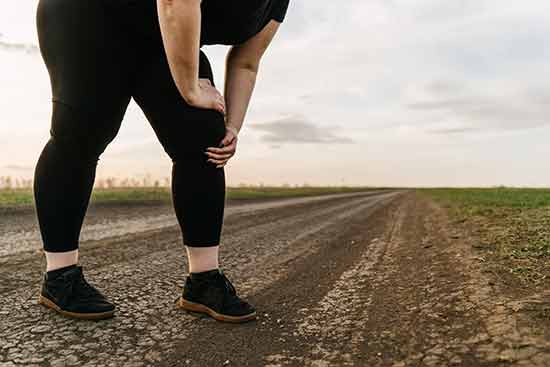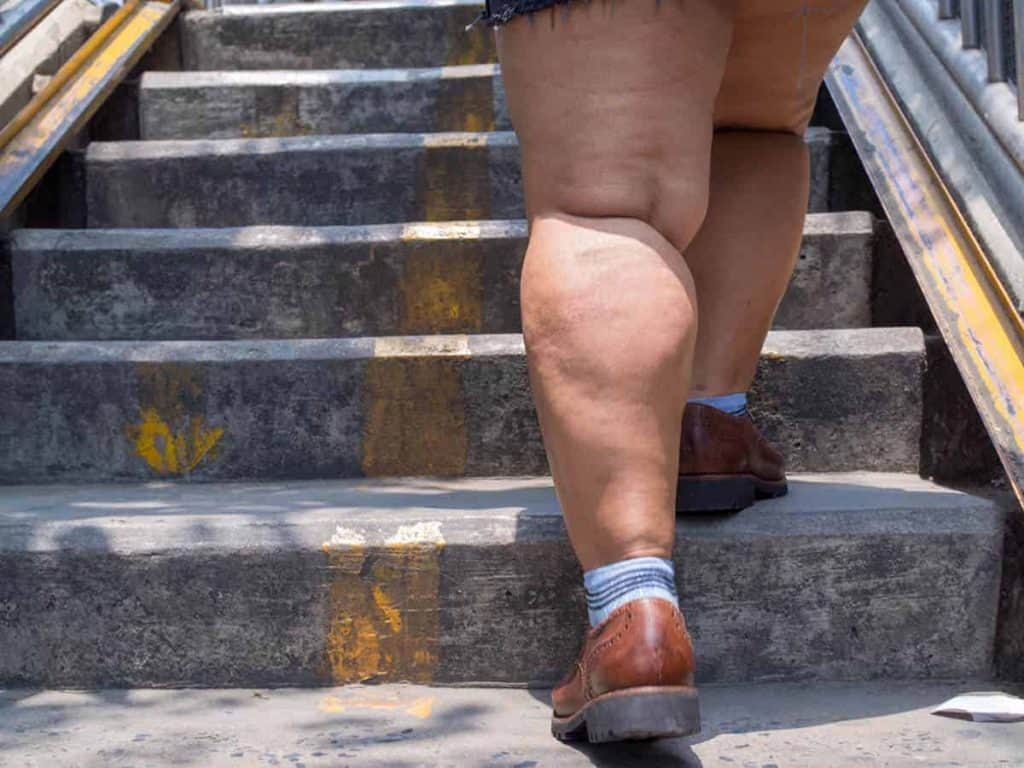If you’ve been officially diagnosed with Lipedema, you’ve probably heard mixed messages about movement. Some people say it won’t help. Others swear by it. So, what’s the truth?
Exercise won’t ‘cure’ Lipedema or make the fat disappear – but it can absolutely help manage symptoms, protect your mobility, and boost your mental health.
The key is finding the right kind of movement for your body.
What Exercise Can Do for Lipedema
Let’s break down how exercise helps, even when it doesn’t cause visible fat loss:
1. Reduces Inflammation
Lipedema is an inflammatory condition and gentle, consistent movement helps regulate the immune system and reduce overall inflammation.
2. Improves Lymphatic Flow
The lymphatic system doesn’t have a pump like the heart – it relies on movement. Low-impact exercises like walking, swimming, and rebounding help flush lymph fluid and prevent stagnation.
3. Preserves Mobility
Lipedema can affect your ability to move comfortably. Regular exercise helps maintain joint range, muscle tone, and flexibility, especially in the hips, knees, and ankles.
4. Boosts Mental Health
Living with a misunderstood, painful condition can be emotionally exhausting. Exercise releases endorphins that reduce anxiety and improve mood – even if just for 15 minutes a day.
What Exercise Can’t Do
It’s important to be honest about what exercise can’t do with Lipedema:
Exercise is Unlikely to Completely Eliminate Lipedema fat
Lipedema fat is resistant to diet and exercise – this is one of the defining features of the condition. So no matter how active you are, you’re unlikely to drastically ‘shrink’ Lipedema-affected areas through movement alone.
Overtraining may make symptoms worse
High-impact or intense workouts can sometimes lead to:
- Increased Lipedema related pain
- Fatigue
- Swelling
- Flare-ups of inflammation
Always listen to your body. If it doesn’t feel right, stop.
Best Types of Exercise for Lipedema
The best exercise is the one that doesn’t hurt, brings you joy and keeps you consistent. That said, these are commonly recommended:
Rebounding
Mini trampolines are a popular tool in the Lipedema community. Rebounding for Lipedema gently stimulates the lymphatic system and provides low-impact cardio.
Swimming/Aqua Aerobics
Water supports your body weight, reduces joint stress, and provides gentle resistance – ideal for women in all stages of Lipedema. It has a similar effect to massage for Lipedema, also known as MLD.
Walking
Simple, free, and effective – walking encourages lymph movement and keeps joints mobile. If walking hurts, try water walking or seated marches.
Dance/Pilates/Gentle Yoga
These low-impact forms of exercise help with balance, strength, and body awareness without triggering pain. Avoid extreme poses or overstretching.
What Exercises to Avoid with Lipedema
Everyone is different, but most Lipedema experts recommend avoiding:
- High-impact workouts (long distance running, HIIT)
- Activities that cause pain or inflammation
- Wearing no compression during intense movement
- Exercises that increase swelling (e.g heavy lower body lifting without support)
How to Get Started
If you’re just starting out or returning after a flare-up:
- Start small – 10 minutes counts!
- Wear Lipedema compression garments if recommended
- Track Lipedema symptoms after each session
- Focus on consistency, not intensity
- Ask the Lipedema community – what works for others may inspire you
If you’re unsure where to begin, check out our Lipedema Workout Strategies Guide for structure and ideas.
So, Does Exercise Help Lipedema?
Absolutely, but maybe not in the way you’d expect. Exercise probably won’t melt away all of your Lipedema fat, but it can ease pain, improve lymphatic flow, reduce inflammation, and protect your mobility and mental health. Exercise and gentle movement has been fundamental in managing my stage 2 Lipedema, even when my efforts weren’t reflected in the mirror.
The key is finding movement that feels good, is gentle on your body, and supports your long-term wellbeing – not punishing workouts or calorie burns that result in more inflammation.
Disclaimer: My blogs talk about Lipedema, diet, surgery and much more. I’m talking from my point of view to help women, and remind them they are not alone. I am not a medical professional, so the content above is from my own perspective with research I have done into the topic. It’s not meant as medical advice, you should always consult your doctor or a specialist for both your diagnosis, and a treatment plan.


